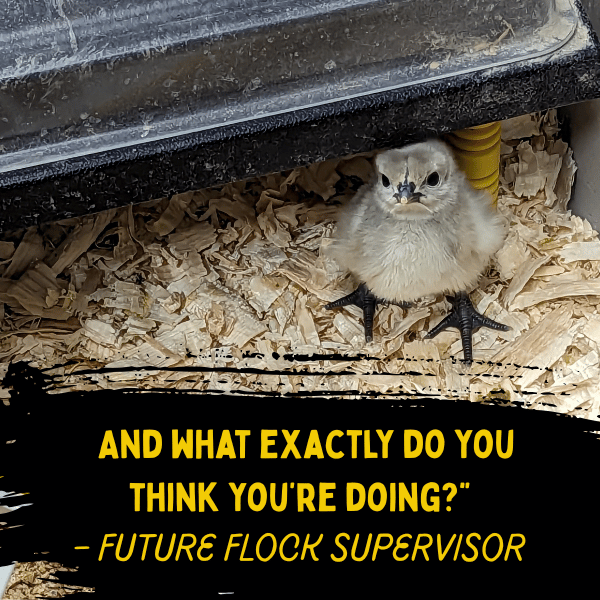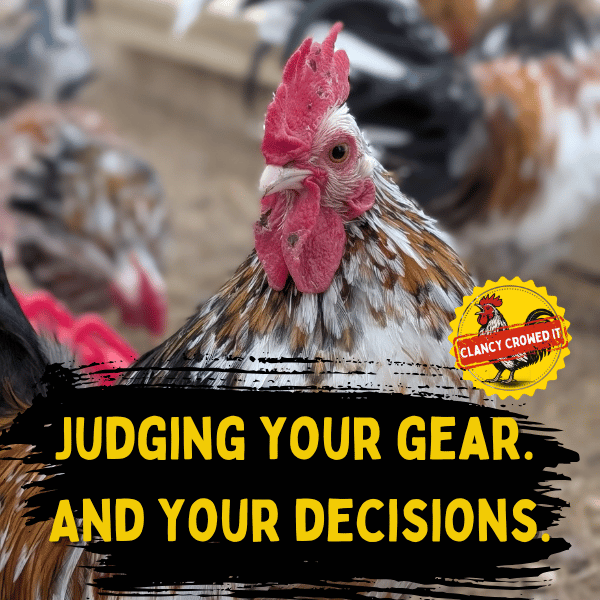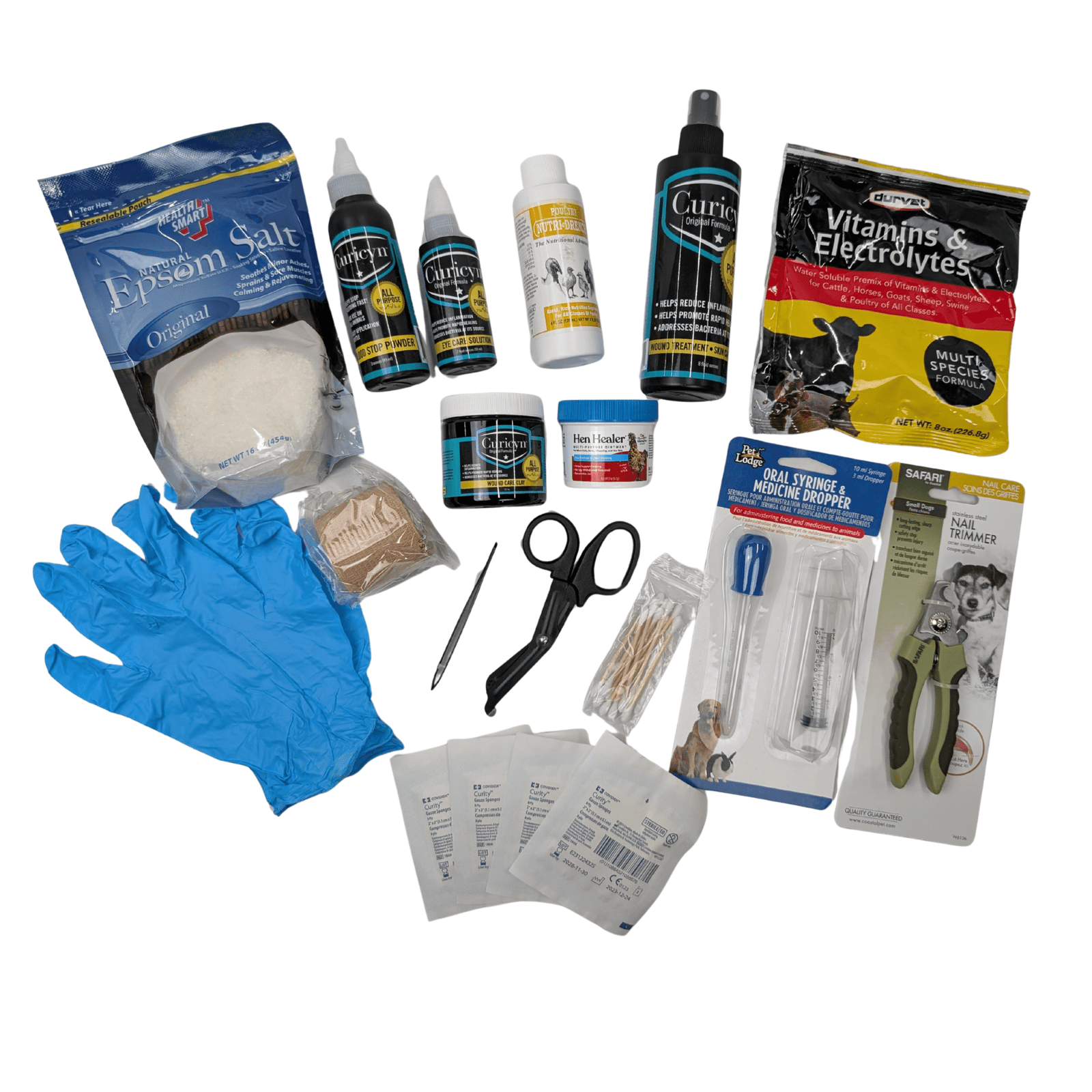Some folks want to take “chicken person” to the next level and invite a bird onto the couch. Cute? Absolutely. Simple? Not even a little. Let’s talk through what actually works, what sounds better than it is, and how to do right by the bird if you go for it.
Clancy Crowed It: “A happy chicken needs room to be a chicken.”
What We Mean by a “House Chicken”
We’re talking about a tame bird—hen or rooster—spending significant time indoors with humans. Not a permanent cage-bird, not a novelty. If your plan can’t meet their physical and behavioral needs, they’ll pay the price—so read this with welfare first in mind.
The Upside (When It Works)
Real companionship.
Chickens are social, observant, and startlingly routine-driven. A mellow bird will shadow you, nap in a sun patch, and request snacks with Olympic-level side-eye. They’re soothing to be around.
Living pest detector.
Will they annihilate an indoor spider? Yes. Is that a pest
program? No. But it scratches their foraging itch and it’s fun to watch.
Built-in biology lesson.
For kids and adults, a chicken indoors turns “barnyard” into an animal you
know: body language, the egg song, care routines—learned through daily life.
Occasional fresh eggs (hens).
A calm, well-managed layer may gift you eggs indoors—just manage light and nutrition responsibly.
The Downside (AKA Reality)
Mess is constant.
Chickens poop. “Chicken diapers” exist but need frequent changes and skin checks. Expect dander and the occasional “how did feathers get in the printer?” moment.
Noise isn’t optional.
Hens chat and “announce” eggs. Roosters crow—not just at dawn. Apartments and thin-walled suburbs may not love your soundtrack.
Health & hygiene risk.
Backyard poultry can carry pathogens. Handwashing is non-negotiable. Keep birds out of food-prep areas. Extra caution for toddlers, elders, and immunocompromised folks.
Space & species needs.
Scratching, dust bathing, sunning, flock social cues—these aren’t “nice-to-haves.” A living room is not a dust bath. Daily outdoor time and enrichment are mandatory.
Wear and tear.
Claws + beak + curiosity = nicked furniture and doomed plants.
Legal & neighbor realities.
Local ordinances, HOA rules, and leases matter. Know them before you begin.
Hens vs. Roosters Indoors: Honest Pros & Cons
Hens (layers or retired layers)
Pros:
-
Generally quieter than roosters (egg song is loud-but-brief).
-
Eggs are a nice bonus.
-
Often easier to place back into an outdoor flock.
Cons:
-
Egg song can still rile neighbors.
-
Broody tendencies = nesting obsession in odd places.
Roosters
Pros:
-
Big personalities; many are affectionate and protective with “their” humans.
-
No laying management needed.
-
Can be steadier once socialized; some become excellent indoor “guards” (they alert).
Cons:
-
Crowing—loud and unpredictable times of day.
-
More territorial in some individuals; spurs and pecking require handler confidence.
-
Harder housing/legal optics in cities; neighbor tolerance is lower for roosters.
Bottom line: choose the individual bird, not just the sex. A calm, well-socialized rooster can beat a shrill, high-strung hen for apartment sanity—but crowing risk is real. If you’re sound-sensitive or share walls, a hen is usually the safer pick.
Welfare-First Setup (If You’re Still In)
-
Pick the right bird: calm temperament, already people-friendly.
-
Indoor zone, not whole-house: washable floor, low perch, deep litter tray, safe forage toys; relocate toxic/doomed plants.
-
Hygiene routine: separate “chicken shoes,” handwashing, weekly disinfect of high-touch zones. Diapers = frequent changes + daily skin/vent checks.
-
Diet & light sanity: balanced feed, fresh water, grit; no junk treats. Manage day length respectfully (especially for hens).
-
Veterinary plan: find an avian-savvy vet, do parasite checks, nail trims, and beak touch-ups as needed.
Who Should Skip It (No Shame, Just Kindness)
-
Homes with immunocompromised members or toddlers who mouth everything.
-
Folks who hate daily cleaning or can’t tolerate feathers/dust.
-
Shared-wall housing with noise-sensitive neighbors.
A Kinder Middle Ground
Keep a super-tame bird outdoors in a great coop/run, then invite them in for short, supervised visits on washable floors. You still get cuddles and bonding without compromising welfare or sanitation.
Bottom Line
A pet house chicken—hen or rooster—can be delightful for the right household and the right individual bird. But it’s a lifestyle, not a weekend project. If you can meet their needs for space, sunshine, dust baths, hygiene, and species-typical behavior, you’ll earn a quirky, affectionate roommate. If not, love them the way they’re built to live: outdoors, with enrichment and daily time together. As Clancy puts it: “Let a chicken chicken.”












